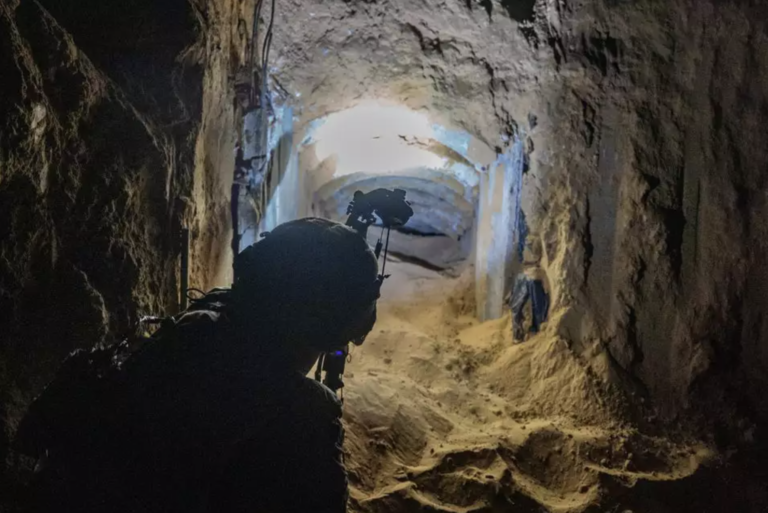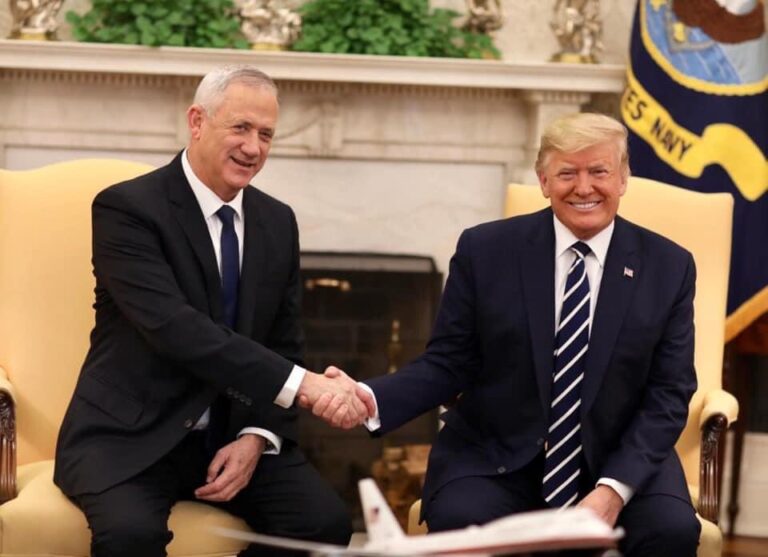In Washington, it was still the longest day of the year—June 21st—while in Tehran, on June 22nd, the days had already begun to grow shorter. What a perfect metaphor for the storm clouds gathering above the Islamic Republic.
Tonight’s historic strike isn’t just a global military milestone in deploying bunker-buster bombs; it’s Israel’s greatest diplomatic triumph since securing the UN majority that led to its founding on November 29, 1947. Benjamin Netanyahu and Ron Dermer succeeded in persuading the world’s most powerful leader to authorize an attack on Iran, a move rejected by three previous American presidents. Now, the strongest military in history has acted decisively to eliminate the most tangible existential threat the Jewish state has faced.
This morning, it seems fitting to quote two former Israeli prime ministers: it truly is a new Middle East, and undeniably the dawn of a new day—a Middle East free from the threat of a nuclear fundamentalist regime.
This development is a direct consequence of Iran losing all its regional investments. The billions Tehran poured into Hezbollah and Hamas are now irretrievably lost. The devastating price paid by nearly 900 fallen Israeli soldiers has not been in vain—it cleared the stage for President Trump to deliver a conclusive final blow.
Iran invested half a trillion dollars in its nuclear project, which turned to dust overnight. It is no longer a nuclear threshold state, though Israeli authorities remain concerned about a potential last-ditch Iranian attempt to assemble and smuggle a dirty bomb into Israel rather than mounting it on a missile.
The Iranians underestimated Trump’s resolve in nuclear negotiations and suffered an Israeli strike as a consequence. They continued to refuse negotiations, thinking they had two weeks of leverage, only to become the first in history to suffer “the mother of all bombs.” Will they finally understand the seriousness of their predicament and end the war before the third strike comes?
Israeli assessments suggest they won’t. According to sources in Jerusalem, the regime in Tehran has embarked on an irreversible suicidal trajectory. Israel also acknowledges the possibility that a battered Hezbollah might cave to pressure from its Iranian sponsors and enter the conflict—despite the risk that the Lebanese terror group will be annihilated. Israel’s plans continue unchanged—minus the independent strike at Fordow—and are expected to conclude within approximately a week.
It has been 625 days since October 7, the true beginning of the Israel-Iran war, not merely Israel-Hamas.
A war that began with Israelis taking shelter, fighting hundreds of terrorists barehanded, now effectively concludes with the strongest world power in history demolishing Iranian nuclear sites, leaving those responsible for the war helpless.
A truly modern-day example of crime and punishment.
This article was originally published in Hebrew on Channel 12 News.









